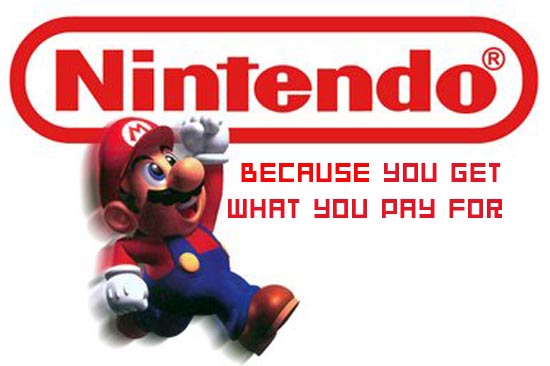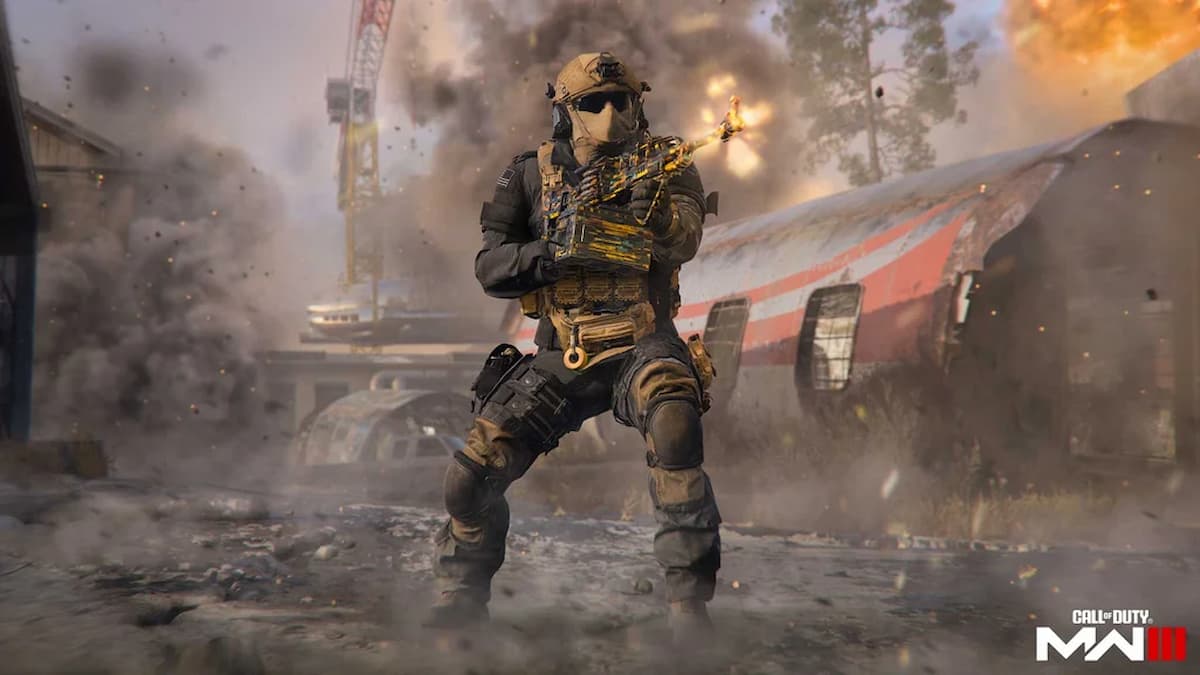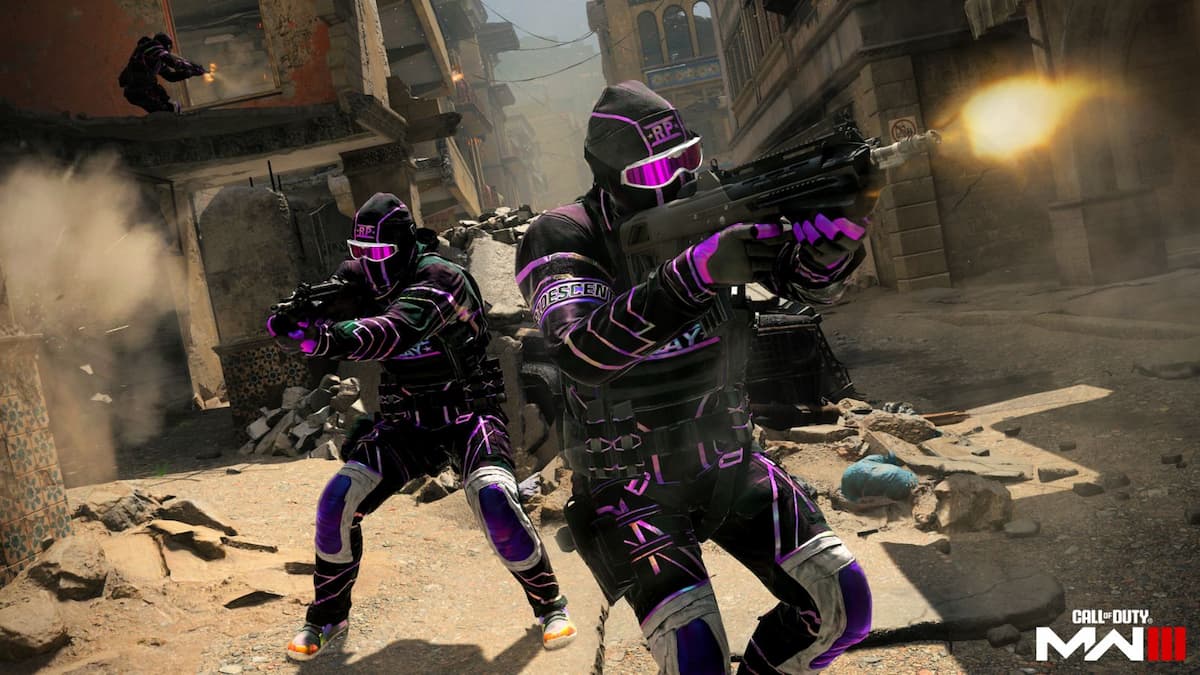In the latest effort to curtail the piracy of its intellectual property, Nintendo is urging U.S. Trade Representatives to increase pressure on governments around the world to tighten the leash on what they view is rampant piracy of their consoles and games. As you can see from this excerpt from the official press release sent to us, the numbers are indeed staggering:
The unprecedented momentum enjoyed by Nintendo DS and Wii makes Nintendo an attractive target for counterfeiters,” said Jodi Daugherty, Nintendo of America’s senior director of anti-piracy. “We estimate that in 2007, Nintendo, together with its publishers and developers, suffered nearly $975 million USD worldwide in lost sales as a result of piracy. Nintendo will continue to work with governments around the world to aggressively curtail this illegal activity.”
While Nintendo lists China as the primary culprit, North Korea has started flexing a little pirating muscle of their own, and appear to be closing in fast on their lead. Although Nintendo has been here many times before, they are hoping that stricter laws will be enacted to at least slow piracy down a bit. As we all know, it’s an uphill battle Nintendo is fighting, and it is sure to last at least as long as the Nintendo’s popularity does.
So the next time you spot one of those knock-offs being peddled in the streets, or one catches your eye while strolling through the mall, you might want to give Nintendo (or the authorities) a call –they’ll appreciate the tip.
Catch the full press release, after the jump.
Nintendo Asks U.S. to Address Video Game Piracy Problems Worldwide
Nintendo Calls Out China, Korea, Brazil, Hong Kong, Paraguay, Mexico
REDMOND, Wash., Feb. 14 /PRNewswire/ — Nintendo of America Inc. has asked
the U.S. Trade Representative to encourage specific governments around the
world to take a more aggressive stance to combat piracy of Nintendo video
games and systems. Nintendo filed its comments under a “Special 301” process,
in which the U.S. Trade Representative solicits input from the public to
underscore specific areas of concern.
While China remains the primary source of manufacturing pirated Nintendo
DS(TM) and Wii(TM) games, Korea has emerged as the leader in distributing
illegal game files via the Internet. Despite aggressive anti-piracy actions
taken by Nintendo, Brazil and Mexico remain saturated with counterfeit
Nintendo software. Meanwhile, Paraguay and Hong Kong continue to serve as
major transshipment points for global distribution of illegal goods.
“The unprecedented momentum enjoyed by Nintendo DS and Wii makes Nintendo
an attractive target for counterfeiters,” said Jodi Daugherty, Nintendo of
America’s senior director of anti-piracy. “We estimate that in 2007, Nintendo,
together with its publishers and developers, suffered nearly $975 million USD
worldwide in lost sales as a result of piracy. Nintendo will continue to work
with governments around the world to aggressively curtail this illegal
activity.”Below is a summary of Nintendo’s filing:
OVERALL: Nintendo recommends stronger laws in all countries against the
circumvention of technological security measures. Video game pirates have
developed DS game-copying devices and modification chips to target the
security found in Nintendo’s hardware systems and allow the play of
counterfeit software or games illegally downloaded via the Internet.
CHINA: China must pursue criminal prosecutions against people involved in
large-scale piracy operations. Nintendo works with Chinese authorities, who
seized more than 1 million fake Nintendo products in China during the past
year. But not one counterfeiter has been prosecuted.
KOREA: Nintendo supports the Korea-U.S. Free Trade Agreement, but suggests
that it must be ratified immediately to address service providers who are
profiting from the uploading and downloading of illegal Nintendo content.
Korea is an important market for Nintendo, and Internet piracy is seriously
affecting the growth of the video game industry in the country.
CENTRAL AND SOUTH AMERICA: Latin America remains a haven for piracy.
Evidence supporting this claim includes escalated violence in Mexico against
police conducting anti-piracy raids, extraordinarily high tariffs and taxes
placed on the sale of authentic video games in Brazil and widespread
corruption in Paraguay. During the past year, Nintendo assisted local
authorities with more than 65 actions that resulted in the seizure of
approximately 230,000 counterfeit Nintendo games in Brazil, Mexico and
Paraguay alone. Despite Nintendo’s efforts, the piracy levels continued to
rise. Nintendo is calling for significant changes to laws and to the
enforcement regimes in those countries.About Nintendo: The worldwide innovator in the creation of interactive
entertainment, Nintendo Co., Ltd., of Kyoto, Japan, manufactures and markets
hardware and software for its Wii(TM), Nintendo DS(TM), Game Boy(R) Advance
and Nintendo GameCube(TM) systems. Since 1983, Nintendo has sold nearly
2.5 billion video games and more than 430 million hardware units globally, and
has created industry icons like Mario(TM), Donkey Kong(R), Metroid(R),
Zelda(TM) and Pokemon(R). A wholly owned subsidiary, Nintendo of America Inc.,
based in Redmond, Wash., serves as headquarters for Nintendo’s operations in
the Western Hemisphere. For more information about Nintendo, visit the
company’s Web site at http://www.nintendo.com




